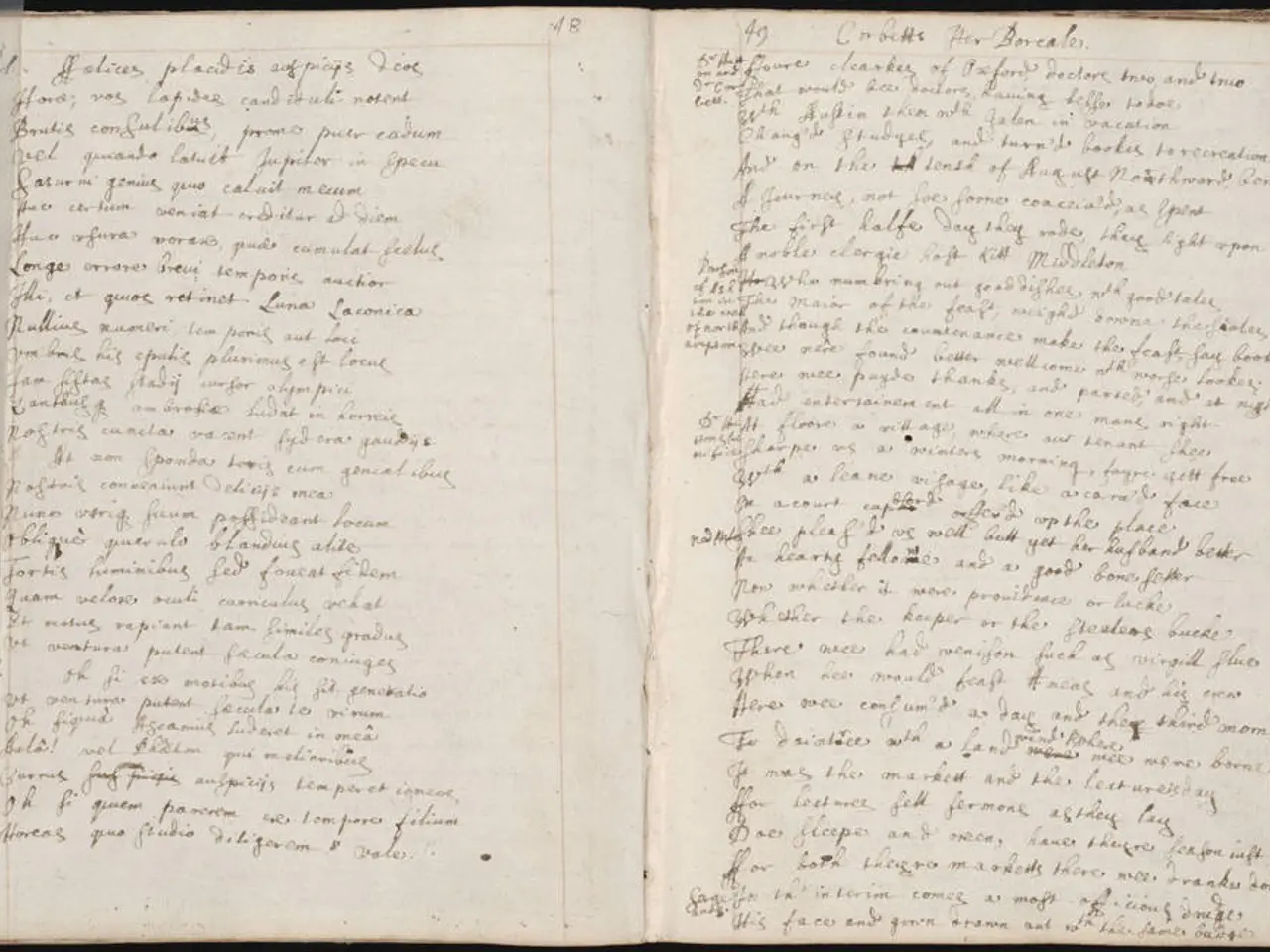Farewell to Balearic Island Region's Spanish Name
The Ministry of the Presidency, Justice, and Parliamentary Relations has announced a new policy that requires courts in the Balearic Islands to use the official Catalan-language names for places in court documents. This means that Spanish-language names, such as "Palma de Mallorca," "Ibiza," and "Mahón," will no longer be used in these judicial contexts, with the Catalan names "Palma," "Eivissa," and "Maó" being used instead.
This change aims to enforce the legal status of Catalan as the official language for toponymy in the Balearic Islands, aligning judicial use with existing legislation and official records. Spanish speakers may perceive this as limiting the use of Spanish place names in legal contexts, potentially reducing their visibility or official recognition in courts.
However, groups defending Catalan view this as a rectification or "act of justice," ensuring adherence to the rule of law and protecting Catalan linguistic heritage. The balance between promoting Catalan and protecting Spanish speakers' rights hinges on legal frameworks and the proportionality of such language restrictions.
The new policy is part of a larger effort to promote the use of the official Catalan language in various aspects of life in the Balearic Islands. Hablemos Español, a group advocating for the use of a common language across the country, expressed concern over the measure, stating that "the plundering of our toponymy continues."
FEM-HO, a Menorcan association for the defense of the Catalan language, welcomed the decision, calling it "an act of justice." Spain's Minister of Presidency Félix Bolaños stated that the changes in municipal names become official when they are registered in the Registry of Local Entities and published in the Official State Gazette.
The concern was raised by Hablemos Español regarding the measure's impact on Spanish speakers' rights, but as of now, no specific actions or countermeasures have been announced. The changes in court documentation and judicial proceedings are expected to help reinforce the use of the official Catalan language in the Balearic Islands.
[1] Source: Official statement from the Ministry of the Presidency, Justice, and Parliamentary Relations [2] Source: European Court of Human Rights case law on language rights and non-discrimination
- The new policy-and-legislation, enforced by the Ministry of the Presidency, Justice, and Parliamentary Relations, aims to reinforce the use of the official Catalan language in court documents and judicial proceedings, which some Spanish speakers perceive as politics potentially reducing their visibility or official recognition in courts.
- Groups defending Catalan laud this change as an "act of justice," aligning the use of language in legal contexts with existing policy-and-legislation and official records, yet the balance between this and protecting Spanish speakers' rights remains a topic of debate within the realm of politics and general-news.







